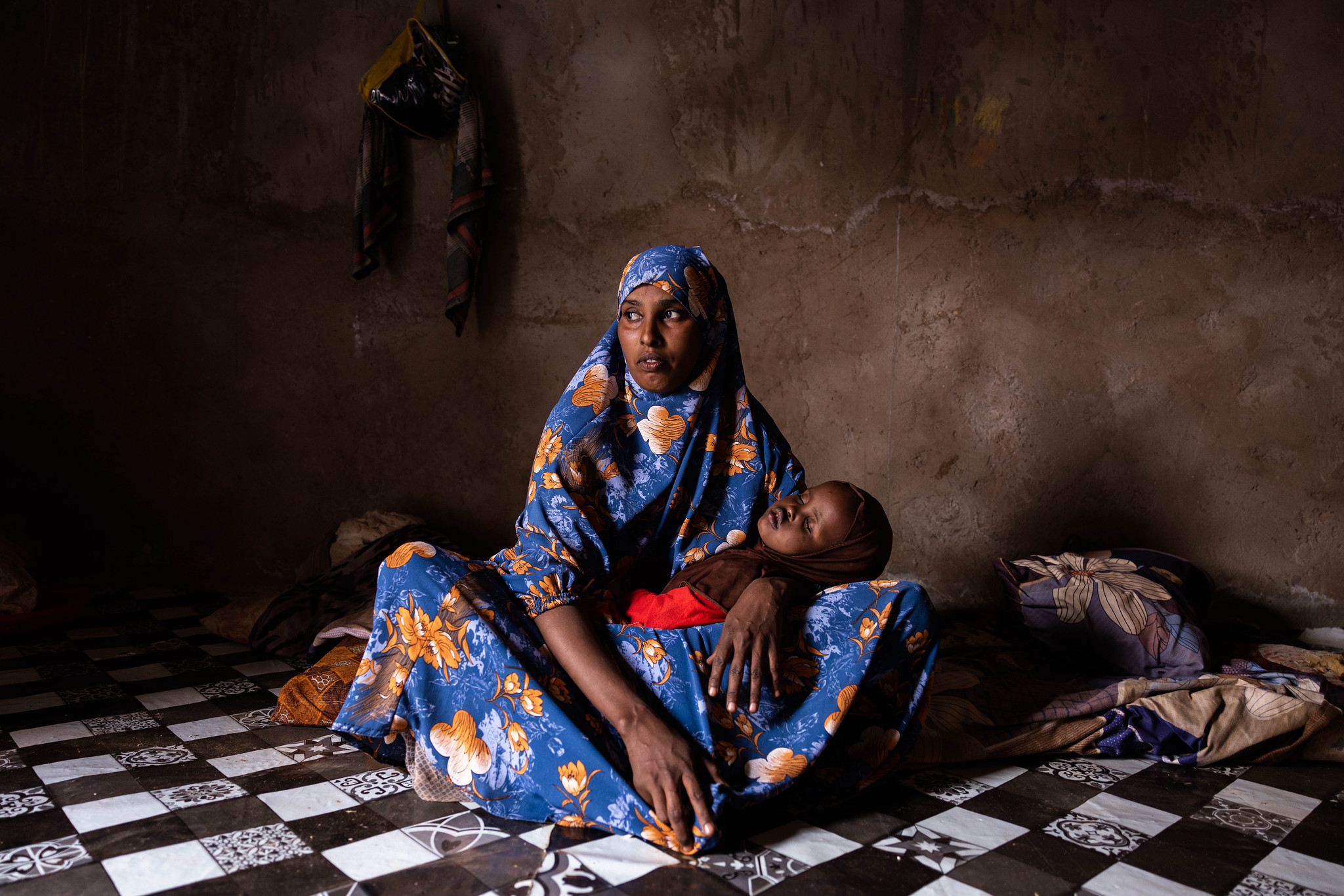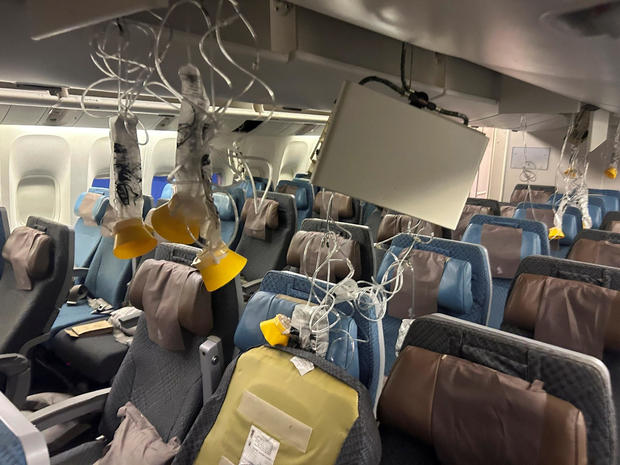Over a quarter-billion people in 58 countries suffered from acute food insecurity in 2020 due to conflicts, climate change, and the COVID-19 pandemic. Seven of these countries, including Somalia and Yemen, faced starvation and death. The Global Report on Food Crises, an alliance of humanitarian organizations founded by the UN and European Union, revealed that the severity of the problem increased last year, despite an increase in populations analyzed. The report found that the number of people facing acute food insecurity and requiring urgent food aid had increased for the fourth consecutive year, indicating a "deterioration" in the situation. The U.N. Secretary-General, Antůnio Guterres, called it a "stinging indictment of humanity's failure" to end world hunger.
Rein Paulsen, director of emergencies and resilience for the U.N. Food and Agriculture Organisation, said that conflicts, climate shocks, the impact of the pandemic, and Russia's war in Ukraine are driving hunger. The poorest countries, which are dependent on food imports, have been most affected as prices have increased. To prevent food crises, Paulsen called for more funding to be spent on agricultural interventions that anticipate problems. The U.N. World Food Programme's new chief, Cindy McCain, warned that the agency's resources to provide food aid are "running dangerously low." If substantial new funding does not materialize quickly, the agency may be forced to make "heart-breaking decisions to slash" assistance.
In summary, the Global Report on Food Crises showed that acute food insecurity affected more than a quarter-billion people in 58 countries in 2020. The problem's severity increased, indicating a trend of deterioration, and conflicts, climate change, and the COVID-19 pandemic were among the driving forces. The poorest countries that rely on food imports were most affected as prices rose. To prevent food crises, more funding should be invested in agricultural interventions. The U.N. World Food Programme's resources are running low, and it may have to cut assistance if substantial new funding does not arrive quickly.










.jpg)